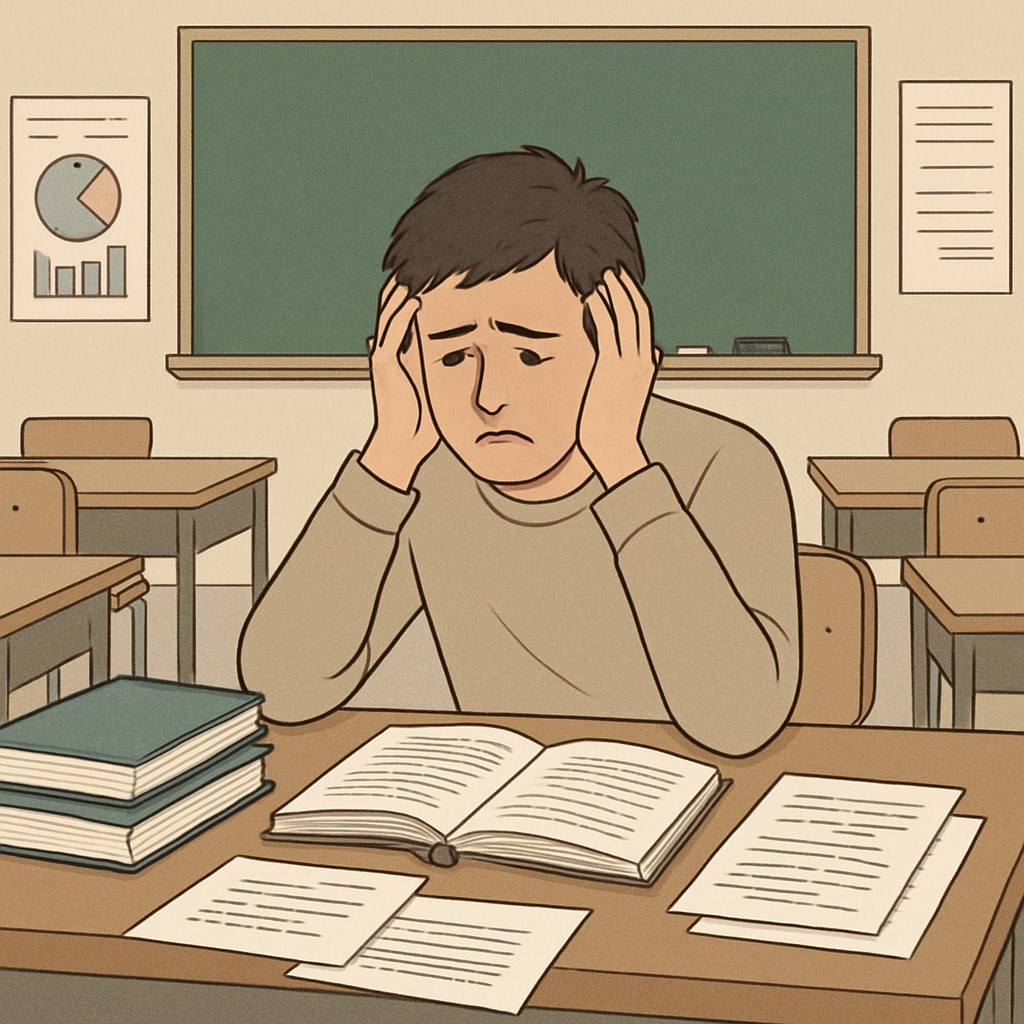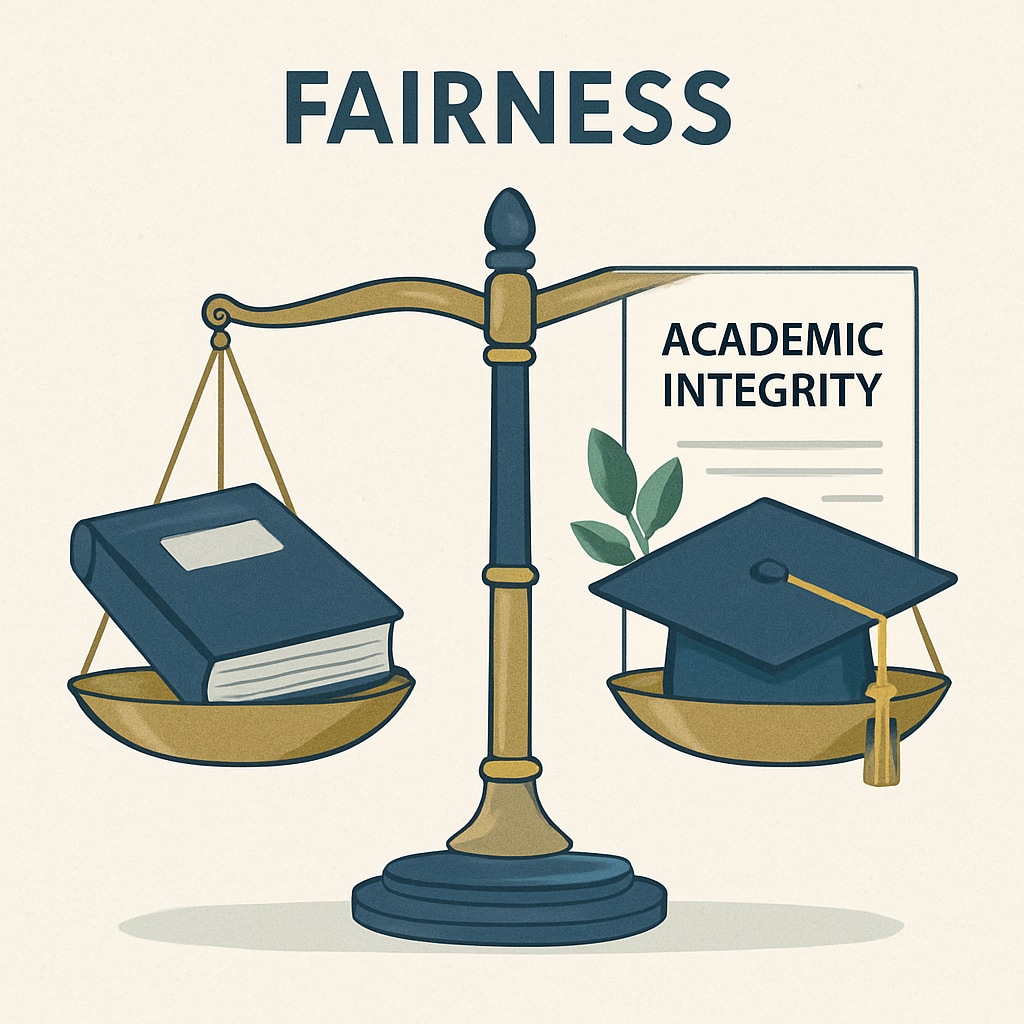In the realm of academia, the issue of “professor, plagiarism accusations, inaccurate allegations” has sparked significant debate. While educators hold the responsibility of upholding academic standards, unjustified claims of plagiarism can severely impact students’ rights, mental health, and overall learning experience. This article delves into the consequences of such misjudgments, emphasizing the need for a balanced approach that safeguards both educational integrity and student welfare.
The Impact of Misjudged Plagiarism Allegations
Accusing a student of plagiarism without substantial evidence can lead to serious ramifications. Such incidents not only tarnish a student’s academic reputation but also create psychological distress. For example, students facing unfounded accusations may experience anxiety, loss of confidence, and diminished motivation to engage in academic pursuits. These consequences highlight the importance of ensuring that plagiarism investigations are conducted with thoroughness and impartiality.

Balancing Authority and Protection in Academic Integrity
Professors are entrusted with the authority to maintain academic standards, but this role also requires a commitment to fairness and transparency. To strike a balance, institutions should implement clear guidelines for addressing plagiarism allegations. These guidelines can include:
- Mandatory evidence collection before accusing a student
- Providing students with opportunities to explain and defend their work
- Training educators on recognizing legitimate plagiarism versus coincidental similarities
Transparency in the decision-making process ensures that both parties—students and professors—are treated with respect and fairness.

Creating a Transparent Academic Integrity System
The solution to mitigating inaccurate plagiarism accusations lies in establishing a transparent and robust academic integrity framework. Some key steps include:
- Utilizing plagiarism detection tools with clear parameters
- Creating an impartial committee to review disputed cases
- Educating students and professors about ethical writing practices
Institutions that prioritize fairness not only protect their students but also maintain the credibility of their academic environment. For further reading, explore articles on academic integrity on Wikipedia or visit Britannica’s explanation of plagiarism.
Conclusion: A Call for Fairness and Accountability
Unjust plagiarism accusations can lead to lasting harm, both academically and psychologically. Academic institutions must adopt fair practices that protect students while preserving the integrity of education. By fostering transparency, accountability, and mutual respect, educators and students can collectively uphold the values of academic excellence.
Students deserve an environment where their rights are safeguarded, and professors deserve tools and training to make informed judgments. Let us work toward a future where academic integrity is a shared responsibility, built on fairness and trust.


